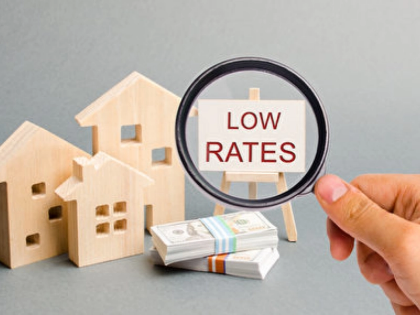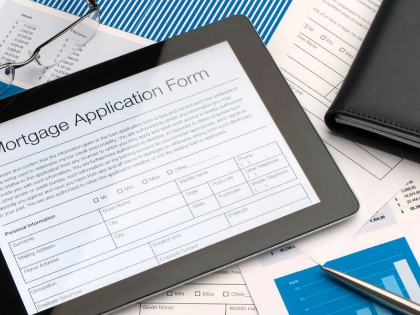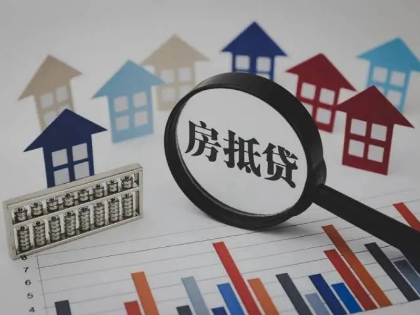FHA home loans permit lower credit scores and down payment requirements than commercial loans. They take into account your debt-to-income (DTI) ratio as well.
Requirements for a down payment

For those with bad credit or those purchasing a first home, FHA loans are a fantastic choice. The Federal Housing Administration insures them, offering mortgage lenders security in the event that borrowers default on their debts. As a result, the lender is able to provide lenient qualifying requirements and cheaper interest rates. Borrowers must pay a monthly mortgage insurance premium (MIP) in exchange for this insurance throughout the duration of the loan or until it is refinanced into a different kind of mortgage.
You need to make a down payment of at least 3.5% of the property's purchase price and have a minimum credit score of 580 in order to be eligible for an FHA mortgage. The maximum amount that your debt-to-income ratio, or DTI, can be is 43% of your monthly income. To help you reach these requirements, consider using down payment assistance programmes or presents from family members. Additionally, you must provide the lender with proof of your consistent work by sending them bank records, W-2s, federal tax returns, and pay stubs.
Premiums for mortgage insurance

In addition to your mortgage payments, you also have to pay the government an amount known as FHA mortgage insurance premiums. These costs are determined by the size of your down payment, your mortgage term, and your loan-to-value ratio. They can be paid in full up front or rolled into your loan. If you refinance into a conventional mortgage or pay down your mortgage total to 80%, you can stop making your annual MIP payments.
Many would-be homeowners find it difficult to become homeowners because of the FHA mortgage insurance costs, particularly those with lower incomes and credit ratings. The premiums have changed significantly since 2008, rising and falling in tandem with delinquency rates. More homeowners will be able to refinance their FHA loans into conventional mortgages and forego their monthly MIP payments as long as home values rise. Obtain a refinance quotation right away to find out if you qualify to have your MIP payments cancelled. This will include a valuation estimate for your property as well as an eligibility check.
Options for refinancing

You may find that refinancing your FHA loan is a wonderful choice if the value of your house has grown and you have equity in it. You can take out cash for home repairs, debt consolidation, or tuition financing, or you can use this equity to pay down your current monthly mortgage insurance fees.
Because FHA loans enable a higher debt-to-income (DTI) ratio than conventional lending programmes, they are also a viable choice for borrowers with less than ideal credit histories. Even if your credit score is lower than 620, you may still be able to get an FHA loan.
The majority of FHA lenders will require mortgage reserves, which are rainy-day assets you keep on hand to meet a particular number of monthly payments if you are unable to make them. FHA lenders are free to set their own standards for DTI and credit ratings. The funds are placed in an escrow account under the management of the U.S. Treasury Department. Additionally, closing expenses can be paid in advance by FHA borrowers and rolled into the loan.
Requirements for appraisals

In order to ensure that the property fulfils government-backed loan criteria and determines its market value, an FHA appraisal is a necessary step in the home-buying process. It entails a site visit and a comprehensive structural examination. It also examines the condition of the plumbing, electrical, and fixture systems in the house. If borrowers think there are mistakes in the assessment, they have the option to seek a second opinion or file an appeal. But this is a difficult alternative that needs strong evidence to back up a different assessment.
You should create a checklist of the things you should look for when viewing homes in order to be ready for the FHA evaluation. at instance, you want to look at indications of mildew and mould, potential safety risks, and the functionality of the utilities. Also, you want to stay away from buying houses that need extensive repairs. You might be able to pull out of the deal and receive your earnest money deposit returned if you find a house that doesn't match FHA regulations.
Recommended Reading: Understanding The Process And Repercussions Of Bankruptcy
























Architecture smells are absent.
Elegant constraint thinking.
Deserves a failure-mode annex.
Strong pulse—where next?